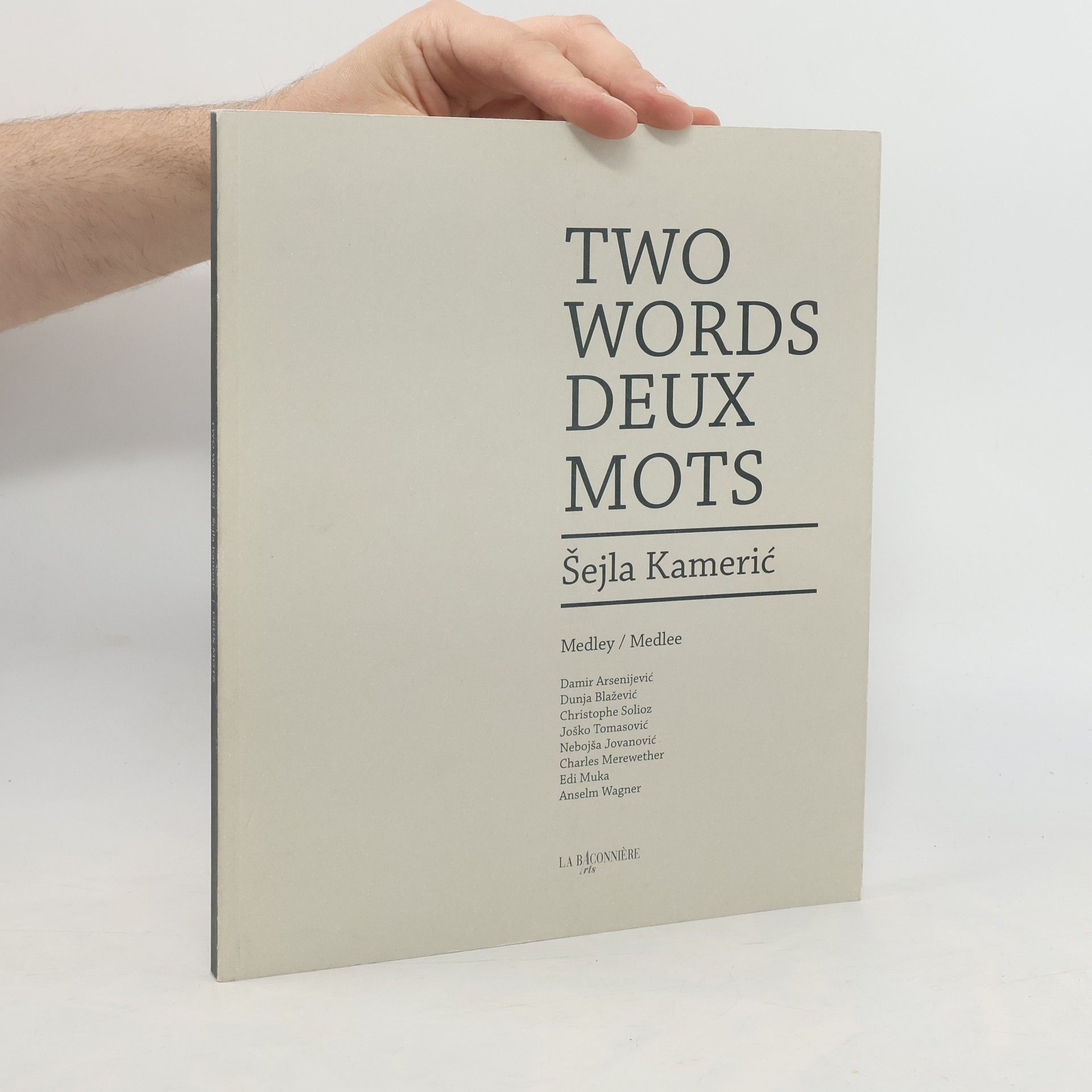Two Words / Deux Mots est un livre de Sejla Kameric structuré autour d'oeuvres d'art qu'elle a créées entre 1999 et 2009. Ce livre opère comme un collage d'oeuvres d'art qui s'entrecroisent avec une série de réflexions, de poèmes et d'interventions d'auteurs divers sur l'oeuvre de Kameric, organisés autour des questionnements majeurs que soulève l'artiste. L'art, la politique, la société, la moralité, l'identité, la possession, la violence, la mémoire, la courbure spatiotemporelle, la divination, les droits de l'homme et nos modes de vie, pour ne citer que ceux-là. L'intention est ici de transformer la perception du lecteur/ spectateur en un engagement actif dans chacun de ces thèmes, en lui proposant de prendre une part active à ce jeu : celui d'une présentation artistique "à vif", sur un support imprimé.
Damir Arsenijevic Livres
